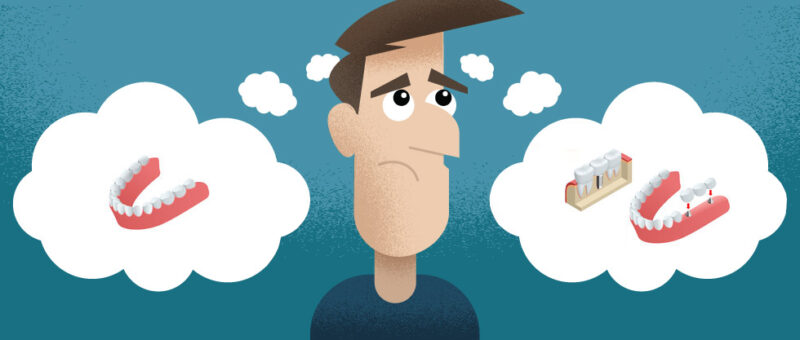3 TMJ Pain Relief Tips That Can Help You
Who would have thought that one little joint can be the source of so much pain. The TMJ, or temporomandibular joint, is the hinge joint connecting the lower jaw to the skull. When the joint or muscles surrounding the joint become inflamed, pain can be felt in the jaw, face, head, neck and shoulders. Here are three tips you can do on your own to help relieve TMJ pain.
1. Use a mouth guard
A common cause of TMJ pain is clenching or grinding the teeth. If jaw pain is most prevalent upon waking up, you may be grinding your teeth while asleep. Mouth guards are designed to keep a slight separation between the upper and lower teeth. Mouth guards can be purchased over the counter, however, your dentist can take an impression of your mouth and provide a guard that is specifically designed to fit your mouth.
2. Try hot and cold therapy
Often TMJ pain is due to tight muscles around the jaw, head, neck and shoulders. One way to relieve this symptom is to apply moist heat to the affected area, stretch and then finish with ice to reduce inflammation. This can be done several times a day until the TMJ pain is under control.
3. Massage therapy
When muscles are sore and tight, a good massage can help. Massage to the jaw area can be done on your own, or you can find a massage therapist who specializes in treating TMJ conditions. When massaging the jaw muscles, hold your mouth slightly open in a relaxed position. Beginning close to the ear at the temples, apply pressure with your fingertips to the masseter muscle, the muscle connecting your temples, upper jaw and lower jaw. With a comfortable pressure, slowly slide your fingers down over this muscle until reaching below the jaw line. Repeat these same downward massage movements as you move medially along the cheek bones towards the nose.
Learn more about TMJ
When treating TMJ pain, it is helpful to try and figure out what may be the cause of the pain. Stretching, massage and stress-reducing therapies are always helpful and can be done on your own, but if pain continues, visiting with a dentist who specializes in TMJ pain, can provide more insight into what other treatment options are available.

